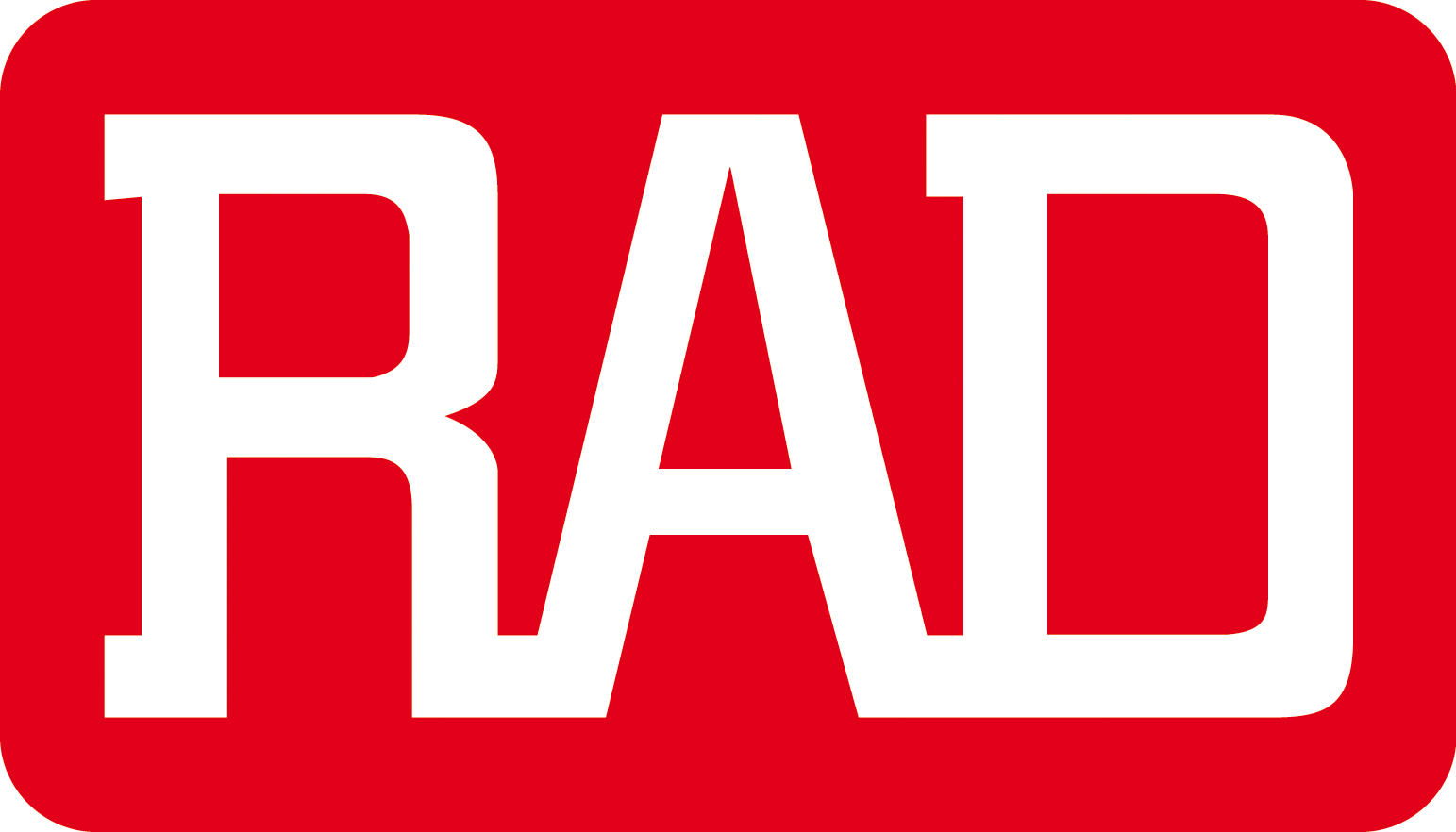




Egate-100 channelized Ethernet gateway for interconnecting PDH and packet
networks
Egate-100 is a channelized Ethernet gateway for
interconnecting PDH and packet networks. Egate-100 from RAD aggregates and
switches Ethernet traffic to a
single STM-1/OC-3 port, for the following link combinations:
- Up to 126 remote LANs over fractional E1 or T1 circuits
- Up to 63 or 84 remote LANs over E1 or T1 circuits
- Up to 32 or 42 remote LANs over bonded n ◊ E1 or n ◊ T1 lines.
The traffic is combined into a channelized STM-1/OC-3
stream, and handed over to the PSN via the unit's Gigabit Ethernet port.
Egate-100 replaces current high-priced solutions, such as
channelized STM-1/OC-3 routers or multibox solutions based on converter
racks and switches. Together with service scalability, small footprint, and low
power consumption, Egate-100 from RAD significantly reduces equipment cost and
simplifies network operation.
Egate-100 is typically deployed at a central location (see Figure 1),
aggregating user Ethernet traffic received from remote devices,
such as RADís RICi, FCD, and ASMi, thus completing a full access solution from
the service provider central site to the customer
premises. Typical applications include:
- Ethernet private line/LAN services
- IP DSLAM and IP base station traffic backhauling
- Aggregation of Ethernet traffic over PDH wireless links
- Network management backhauling.
Egate-100 Bridge
Since Egate-100 functions as a bridge in an SDH/SONET environment, service
providers achieve a seamless interconnection between
customers using the TDM network and customers using the packet network, while
maintaining the same service level attributes.
The bridge filters and forwards traffic at wire-speed up to
253,000 pps, enabling full utilization of the high-priced WAN circuit. VLAN
tagging and double tagging (Q-in-Q) allows adding a provider's VLAN to enable
transparent LAN services in parallel to user VLAN
settings. In VLAN-aware mode (IVL), frames are forwarded according to VLAN tags
and MAC address. This allows defining different
user traffic domains in order to create point-to-point (E-Line) or
point-to-multipoint (E-LAN) topologies. A VLAN tunnel can be created
for separating management and user traffic. Each bridge port can switch and
filter up to 512 VLANs out of the 5000 VLANs allowed
per device. This enables each remote location to be part of numerous VLAN
domains. In a typical service provisioning structure (see Figure 2), Egate-100
links between users connected to the packet-switched network, and users
connected to the TDM network. Virtual channels are established between the
far-end users by tagging separate user traffic channels with VLANs (B and C).
These virtual channels enable transparent forwarding of all user traffic. In
addition, all devices are managed over the VLAN A management channel, which
enables secure separation between user traffic and management traffic.
Egate-100 from RAD Quality of Service
(QoS)
Egate-100 allows providing differentiated services on the
same link according to Ethernet or IP marking. Classification is based on
802.1p, IP precedence or DSCP, while the traffic is forwarded by four strict
priority queues. Different service rates can be provided with TDM-based n ◊ 64,
n ◊ E1/T1 granularity.
Egate-100 protocols
Egate-100 utilizes native HDLC for encapsulating Ethernet
traffic over E1/T1 circuits and MLPPP (Multi-link PPP) for bonding the
circuits. The unit's MLPPP features include:
Support for up to 32 MLPPP groups for E1 lines, and up to 42 groups for T1 lines
Up to eight E1 or T1 lines per bundle
Up to 16 ms delay compensation for traffic arriving from different circuits
Max Transmit Unit can be configured between 80 to 1540
bytes, enabling users to control delay and throughput
parameters
LCP (including MLPPP extension or LCP) and BCP control protocols per RFC 1661,
RFC 1990 and RFC 3518.

Egate-100 Diagnostics and Statistics
Comprehensive diagnostic and performance monitoring
capabilities include:
Ping and trace route for IP connectivity checks
BER testing over E1 or T1 lines
Statistics and alarms for the physical SDH/SONET and Ethernet interfaces, and
for the internal bridge.
Egate-100 Management
Egate-100 can be managed using different ports and
applications:
Local out-of-band management via an ASCII terminal connected to the RS-232 port
Remote out-of-band management via the dedicated 10/100BaseT port
Remote inband management via the Gigabit Ethernet port, performed using Telnet,
Web browser or RADview-Lite, RAD's SNMP-based element management system.
Software upgrades and configuration files can be remotely
downloaded/uploaded to/from Egate-100 via TFTP.
A dedicated VLAN tunnel is used to secure the management traffic and to
separate it from user traffic.
Access to the unit's management software is password-protected, and the unit
can be managed by and report to up to 16 different
managers simultaneously. This enables viewing the network status and managing
the unit from different locations.
Egate-100 data sheet (pdf 1016 kb)
Egate-100 installation and
operations manual (pdf 3978)
Commonly ordered:
EGATE-100/48/R/SFP-1/85 4050230000
EGATE-100/48/R/SFP-2/13L 4050200000
EGATE-100/48/R/SFP-2/85 4050240000
EGATE-100/48/R/T3/SFP-6/SFP-6/CIN 405RUS0001
EGATE-100/AC/R/SFP-1/85 4050420000
EGATE-100/AC/SFP-2/13L 4050350000